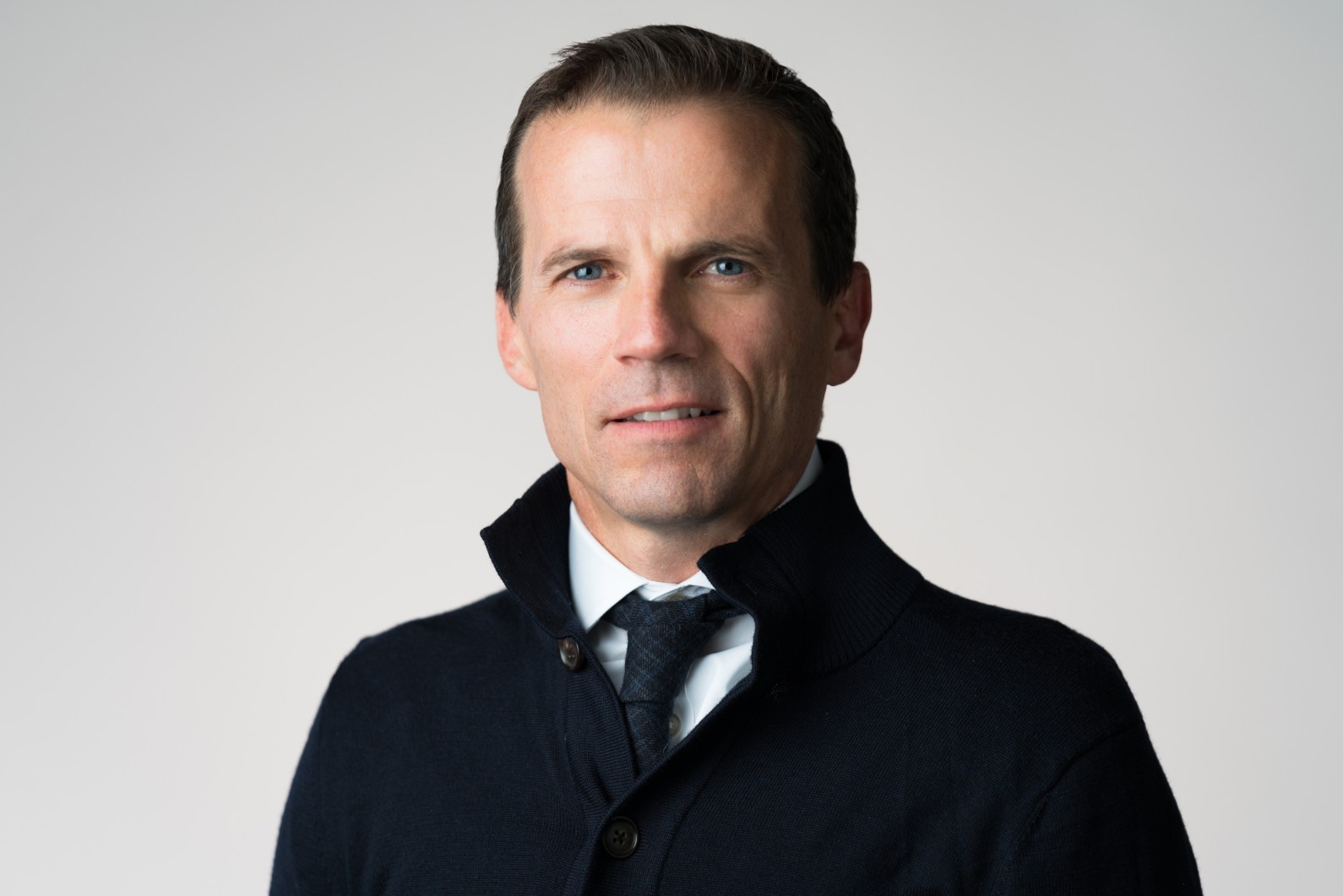A message from McChrystal Group President, Chris Fussell as we reflect on 2021 and look ahead to 2022.
In my younger days, I took distance running quite seriously. I’d grown up wrestling, but learned during my years in the SEAL Teams, where long-distance endurance can be an important asset, that I was a better runner than grappler. I began training with real runners, ones who were built for the sport and had a history, or future, rooted in serious competitive running. I would never reach their level, but the group I ran with, and learned from, was gracious for letting me stick around and improve.
One of the many lessons I learned from my much-faster friends was around pacing. I learned that if you train hard enough, and with enough discipline, you begin to view your body like a machine. You understand the engine, the fuel consumption, and the limits of the design. A race, whether a 5K or a marathon, was actually just a series of one-mile increments. Pace per mile, stride turnover, and heart rate all combined to inform you exactly how the machine was performing in any race. By mile four, an experienced runner can tell you within a few seconds what their time for the half marathon will be nine miles later. That didn’t mean the last few miles wouldn’t involve a lot of pain, but at a certain point, the finish time simply becomes a math problem.
But all of that logic was dependent on one critical variable: the finish line. There is a reason, I believe, that so many leaders have an outlet that requires physical discipline and mental focus. Whether running, yoga, mountaineering, or meditation, leaders with this type of outlet train themselves to be highly focused, work through moments of pain and distraction, and keep the end-goal top of mind. It’s clear how we can transfer this mentality to leader behavior.
As 2021 comes to an end, I find myself wrestling with a whole new reality that is challenging many of these fundamental building blocks in an entirely new way, and I know I’m not alone in this. The finish line is in a constant state of fluctuation, and at times, it’s not clear we’ll ever truly cross one. How could a runner know what pace to set if they didn’t know the distance of the race? The normal metrics of heart rate and mile pace would suddenly be irrelevant, and the mental and physical anguish could soon become unbearable.
We are all collectively facing this challenge today. We don’t know when, or if, this race will ever end. We have teammates to our left and right that have been running hard for nearly two years, and every time they see a finish line on the horizon, it’s proven to be a mirage as they close in. As a leader, normal language about finishing strong or seeing things through to the end can suddenly seem tone deaf to the realities we’re all facing.
As we start 2022, my teammates and I are recommitting ourselves to a few core ideas. First, we will focus on what is in our control, work to be ready for possible risk, and not allow ourselves to be frustrated by emerging problems that we cannot prevent. Second, we will accept the reality that the finish line may indeed never appear; instead, we are working to simply define what we will look like in this new environment. Finally, and most importantly, we are talking more than ever about the core principles that are true regardless of the environment we find ourselves in. We will ground our team in trust and alignment on a common purpose. We will always look for ways to improve our shared consciousness. We will drive empowered execution as close to the edge of the organization as possible. And that, more than anything, will allow us to win as a team, not a company.
Wishing you the best as we enter into another year.



